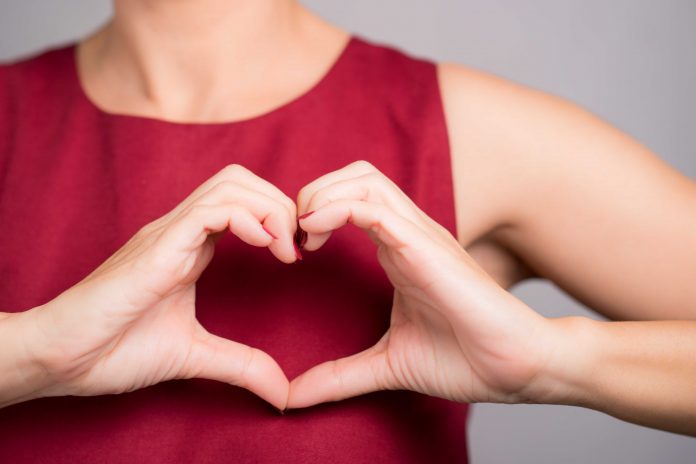A study on survey data of more than 1200 Australian women by experts from La Trobe University, Flinders University, Victoria University and Melbourne University has identified four types of women with different levels of positive and negative body image.
These body image types have also been linked to different diet and exercise patterns – allowing future interventions, exercise programs and public health messages to be more tailored and targeted.
The Victorian researchers with Flinders University Associate Professor Ivanka Prichard, who leads a new Embrace body image research initiative with Australian of the Year Taryn Brumfitt and study co-author Dr Yali Zager, conducted the study to establish how a person’s body image can be linked to health behaviours.
Through analysing data from these women, average age of 41, using measures of body shame, body appreciation, and body mass index (BMI), the researchers identified four body image types: appreciative; medium shame; high shame and average. And that these different body image types could differentiate levels of dietary and exercise behaviour.
“These findings provide an important opportunity for public health intervention – with the four profiles being important to consider in the development of tailored health promotion or intervention programs,” says La Trobe University’s Dr Anita Raspovic, the first author in the new article in Body Image journal.
While body appreciation is associated with more positive physical and mental health outcomes and body dissatisfaction is associated with disordered eating and exercise avoidance, “much is still unknown about the connection between these differing body image experiences,
“It is critical that we develop deep understandings of the relationships between body image, behaviours, and health outcomes, to inform public health prevention and intervention efforts,” says Dr Rapovic.
The researchers found that dietary restraint and exercise amount differed significantly according to a woman’s body image type: Women with high shame and low appreciation had the greatest eating concerns and lowest exercise. In contrast, low levels of eating concerns and healthy levels of exercise were evident among women with the appreciative body image type.








